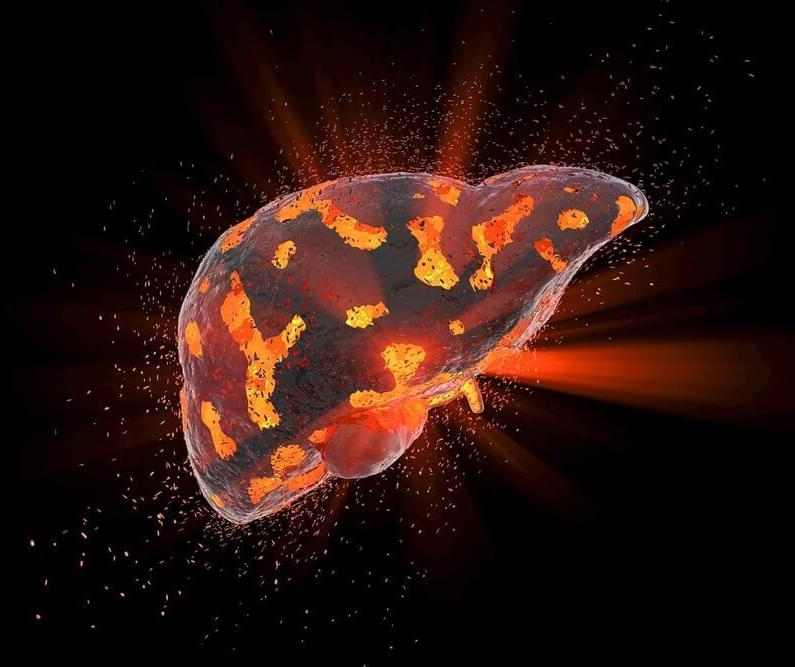A recent study conducted by Oregon State University has unveiled new insights into how certain polyunsaturated fatty acids, specifically omega 3, combat a severe liver condition. This discovery paves the way for novel drug research for nonalcoholic steatohepatitis (NASH), a disease currently without any FDA-approved treatments.
Scientists led by Oregon State’s Natalia Shulzhenko, Andrey Morgun and Donald Jump used a technique known as multi-omic network analysis to identify the mechanism through which dietary omega 3 supplements alleviated nonalcoholic steatohepatitis, usually abbreviated to NASH.
The mechanism involves betacellulin, a protein growth factor that plays multiple positive roles in the body but also contributes to liver fibrosis, or scarring, and the progression to cirrhosis and liver cancer.










Comments are closed.